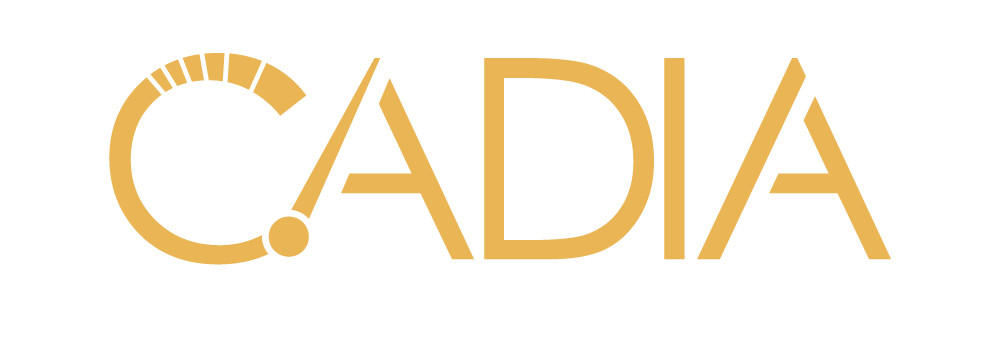Having Difficult Conversations
Moving Past Conflict and Towards Cooperation
Most of us want to avoid having difficult conversations at all costs and usually it’s based on a misconception that all conflict is bad. In reality, difficult conversations and conflict can push teams to be more innovative and take relationships to a new level of openness, honesty and understanding.
Most of us don’t consciously manage difficult situations. Rather, when having to engage in a hard discussion with someone, we are used to it getting emotionally charged and people jumping to defend themselves, resulting in an argument. This is a normal human reaction called “the fight or flight” syndrome. But there is a better way!
The key to handling these difficult conversations is to slow down, assess the situation from a non-judgmental point of view and decide what approach to take given the situation. This type of conscious behavior can be learned and is our focus today.
If handled appropriately, working through difficult conversations can create strong bonds between team members and pave the way for improved communication. However,
if handled inappropriately, these tough conversations can quickly destroy workplace relationships and cause team members to become disgruntled and dissatisfied with their jobs.
In this workshop, participants will explore “elephants” in the room and benefits to addressing these sensitive topics before they grow out of control. They will identify symptoms and sources of the issue, including exploring their natural approach to handling difficult conversations to determine if there is a better way.
Join us in this workshop to:
- Identify symptoms that difficulties exist and the root cause
- Learn various approaches in response to difficult situations
- Identify strategies to move from conflict to cooperation
- Learn how to invite and offer constructive feedback when handling a difficult conversation
- Use helpful language to ask for what you need
Who it is for:
Anyone who wants to gain the skills necessary to broker the difficult conversations that are crucial to the success of an individual, a team, and an organization. People leaders and all individuals can improve skills in this area, and it’s one of the most overlooked skills yet crucial to effective organizational development and successful leadership.
Included:
- Agenda
- Workbook
- Presentation Slides
- Coaching Tip Sheet
- Pre and Post Engagement Survey
- Workshop Summary
- Content Evaluation
Length: ½ day or 90-minute format
About CADIA:
CADIA is a learning and advisory organization focused on diversity equity and inclusion. Its mission is to double the number of diverse leaders in the automotive industry by 2030. CADIA is creating inclusive cultures, championing diverse talent, driving systemic change, and supporting leadership commitment. For more information: Contact Us
All Workshops
- Engagement Matters: Fostering Commitment and Growth
- Cultural Competence for the Workplace
- Empathy in Action
- Executive Level Set ™
- DEI 101 Foundations
- Unconscious Bias
- Allyship
- Inclusion and Belonging
- Having Difficult Conversations
- Leading with Emotional Intelligence
- Building Your Leadership Coaching Skills
- Best Practices for Leading Remote Teams
- Being Resilient in the Midst of Change, Growth and Uncertainty
- Essential Skills for New People Leaders
- Employee Resource Group Solutions
- Emotional Intelligence
- DEI Assessment & Roadmap
- Microinequities
- DEI Conversations in the Workplace
- DEI Inclusive Leadership
